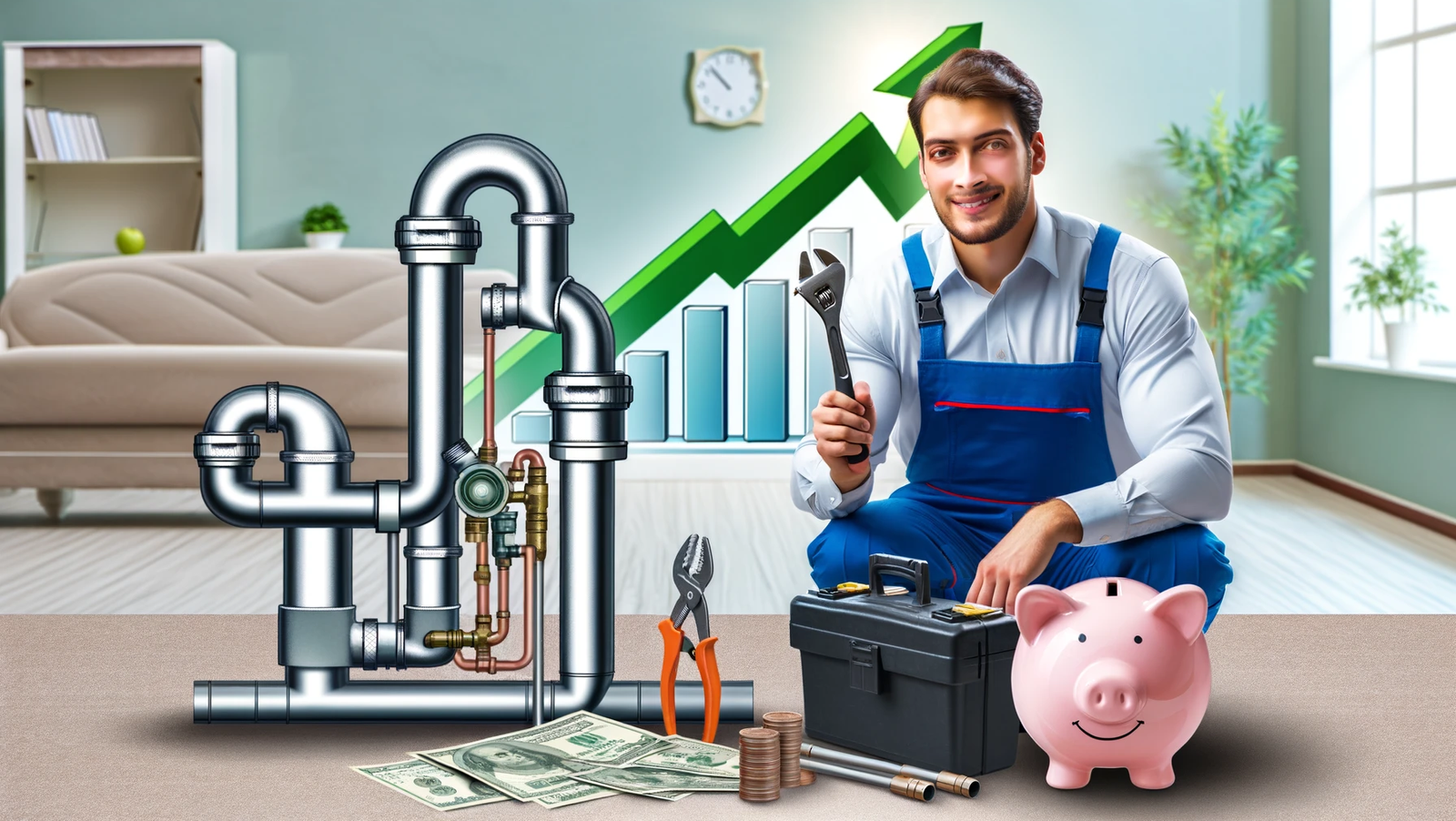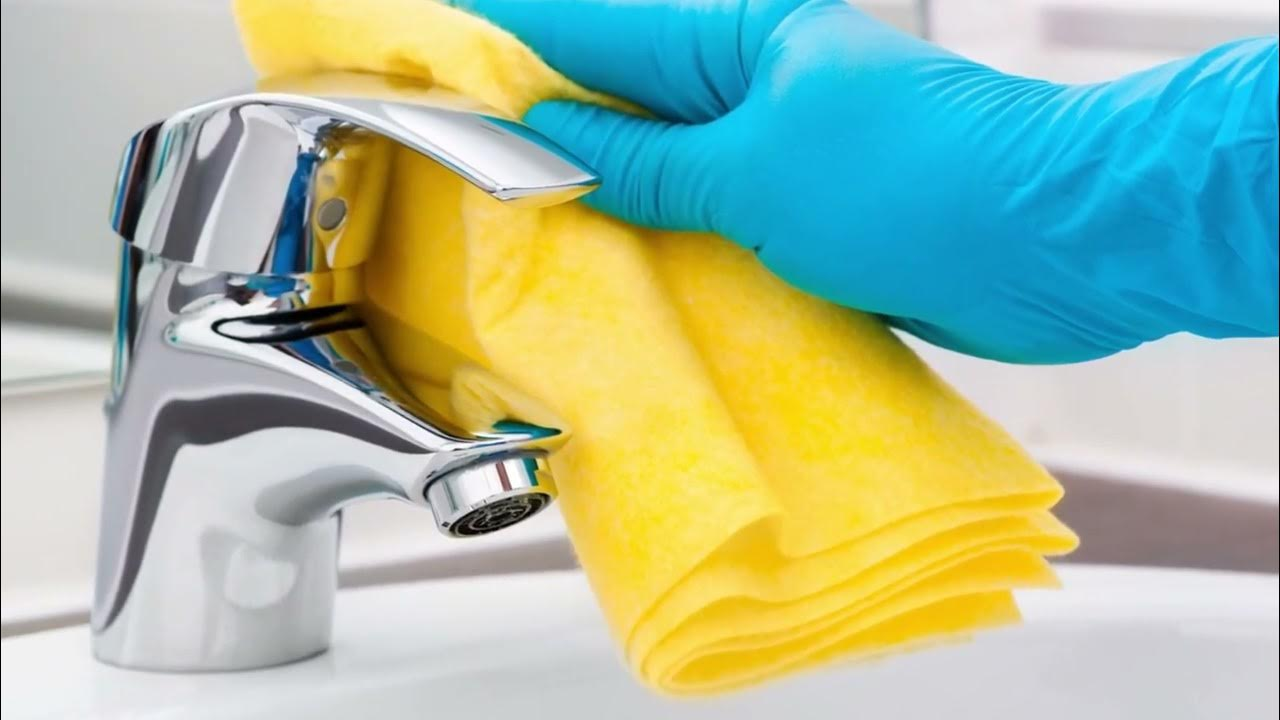Now Reading: 10 Plumbing Maintenance Tips That Can Save You Big Money 2025
-
01
10 Plumbing Maintenance Tips That Can Save You Big Money 2025
10 Plumbing Maintenance Tips That Can Save You Big Money 2025

Table of Contents
Plumbing is one of the most essential systems in any building, whether it’s a residential home or a commercial property. Yet, it’s also one of the most overlooked when it comes to regular maintenance. Just like you service your car or clean your home, your plumbing system also needs consistent care to function smoothly. Ignoring plumbing maintenance can lead to unexpected breakdowns, costly repairs, and even serious property damage.
In this article, we’ll break down the importance of plumbing maintenance, signs you shouldn’t ignore, practical tips for upkeep, and how hiring a professional plumber can make a major difference.
Why Plumbing Maintenance Matters
Plumbing systems work silently in the background, delivering clean water and removing waste efficiently. But over time, wear and tear is inevitable. Pipes may corrode, leaks might develop, and drains could get clogged. Without maintenance, these small issues can escalate into major problems. Regular plumbing checks help:
- Prevent water damage
- Reduce the risk of mold growth
- Improve water efficiency
- Extend the life of fixtures and appliances
- Lower utility bills
Whether you’re a homeowner or running a business, plumbing maintenance should be part of your annual property checklist.
Common Signs Your Plumbing Needs Attention
Often, plumbing issues start with small warning signs. Catching them early can save you time, money, and stress. Keep an eye out for these indicators:
1. Slow drains – Water pooling in your sink or bathtub usually means a clog is forming.
2. Strange noises – Gurgling or banging sounds from your pipes could indicate air pockets or blockages.
3. Low water pressure – Often caused by mineral buildup, leaks, or faulty valves.
4. Water stains – Brown or yellow patches on ceilings or walls can signal hidden leaks.
5. Unusual water bills – A sudden spike might mean a leak you haven’t noticed yet.
If you observe any of these signs, it’s best to act fast. What seems minor today can turn into a plumbing emergency tomorrow.
DIY Plumbing Maintenance Tips
You don’t always need to call a plumber for basic upkeep. Here are some easy steps you can take to keep your plumbing system in top shape:
1. Check for leaks regularly
Inspect under sinks, behind toilets, and around appliances like dishwashers and washing machines. Fixing small leaks can save hundreds of gallons of water per year.
2. Clean your drains
Use natural cleaners like baking soda and vinegar to flush out buildup. Avoid chemical drain cleaners as they can damage your pipes over time.
3. Monitor water pressure
Install a pressure gauge to ensure your water pressure stays between 40–60 psi. High pressure can strain your pipes and lead to leaks.
4. Drain your water heater
Sediment buildup in the tank can reduce efficiency and shorten its lifespan. Draining it once a year can help keep it running efficiently.
5. Insulate pipes
This is especially important in colder climates. Insulation helps prevent pipes from freezing and bursting in winter.
6. Install drain screens
They help catch hair, food particles, and other debris before they enter the drain, reducing the risk of clogs.
The Role of Professional Plumbers
While DIY efforts go a long way, nothing replaces the expertise of a licensed plumber. A professional plumber brings tools, training, and experience that can detect issues hidden from the average person. Scheduled inspections can include:
- Camera inspections of sewer lines
- Leak detection tests
- Pipe pressure testing
- Maintenance of sump pumps and water heaters
- Backflow prevention checks
Hiring a plumber once or twice a year for routine maintenance can prevent surprise breakdowns, especially in older homes or commercial buildings with complex systems.
Plumbing Maintenance for Businesses
For businesses, plumbing maintenance is even more crucial. A leak or backup can disrupt operations, damage inventory, and affect customer experience. Restaurants, hotels, schools, and hospitals all rely heavily on properly functioning plumbing. Regular checks help maintain health and safety standards and reduce liability risks.
Businesses should also keep records of all plumbing inspections and repairs. This helps with insurance claims and ensures compliance with local building codes.
Eco-Friendly Plumbing Practices
Modern plumbing maintenance isn’t just about function it’s also about sustainability. Here are a few green plumbing practices that save both water and money:
- Use low-flow fixtures for faucets, toilets, and showerheads
- Upgrade to energy-efficient water heaters
- Fix leaks promptly to conserve water
- Reuse greywater for gardening or cleaning (where permitted)
Conserving water is not just good for the environment—it’s good for your wallet too.
When to Schedule Maintenance
Timing matters. The best time to schedule routine plumbing maintenance is during mild weather—ideally in spring or early autumn. This helps you prepare for winter freezes or summer water use spikes. However, any time you notice signs of trouble is the right time to act.
Final Thoughts
Plumbing maintenance may not be glamorous, but it’s one of the smartest ways to protect your home or business from water damage, health hazards, and unexpected expenses. From simple monthly checks to annual professional inspections, keeping your plumbing in good condition ensures peace of mind.
Whether you’re a homeowner managing daily household needs or a business owner safeguarding your operations, investing in plumbing maintenance is a decision you’ll never regret.
Read More:- Shobha Realty Launches Its Most Luxurious Project Yet—Full Details Inside 2025






















